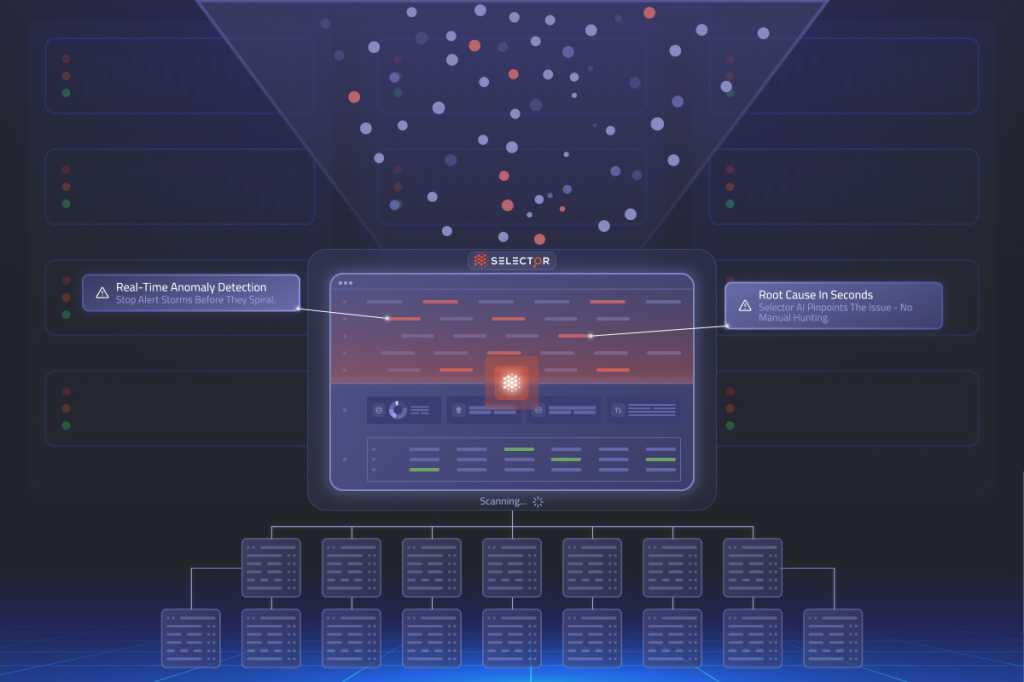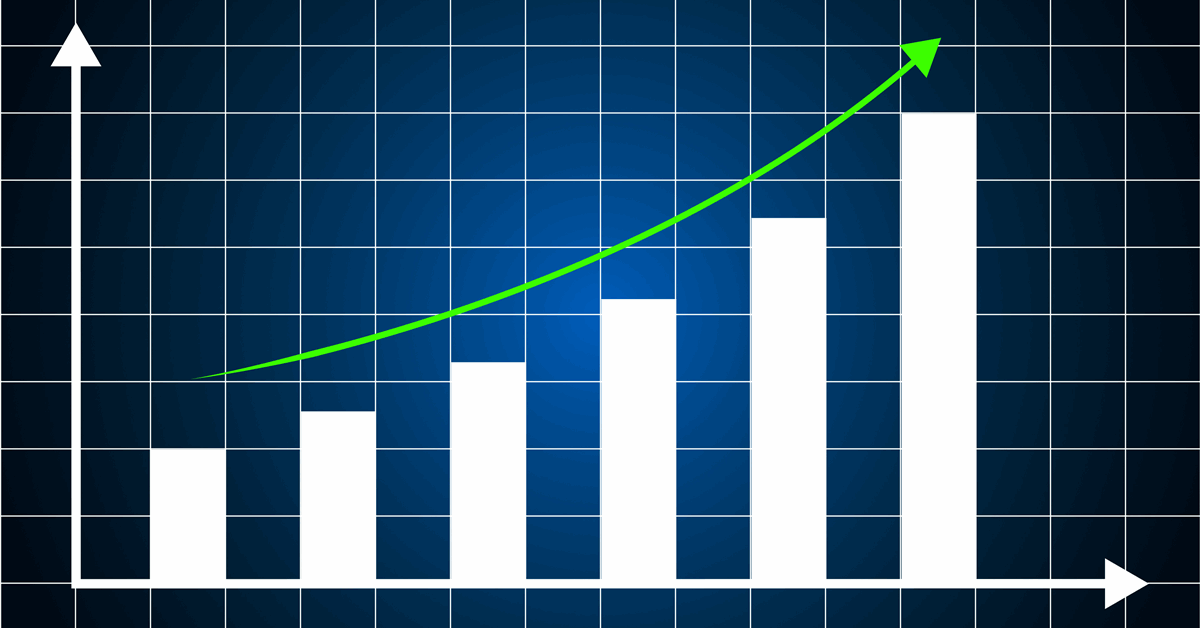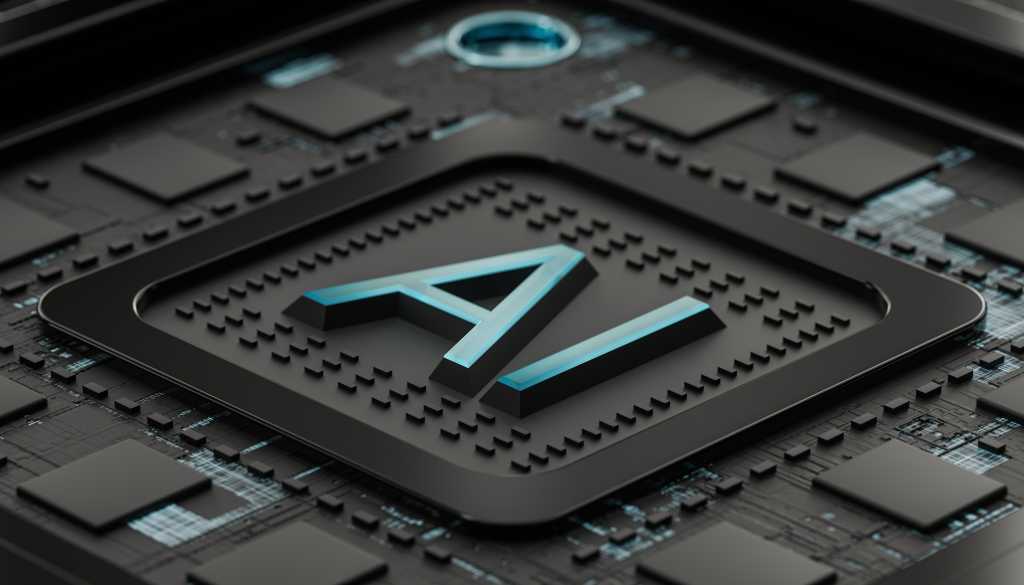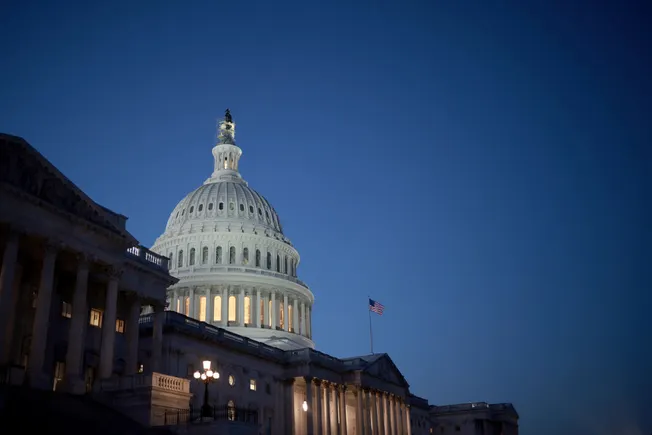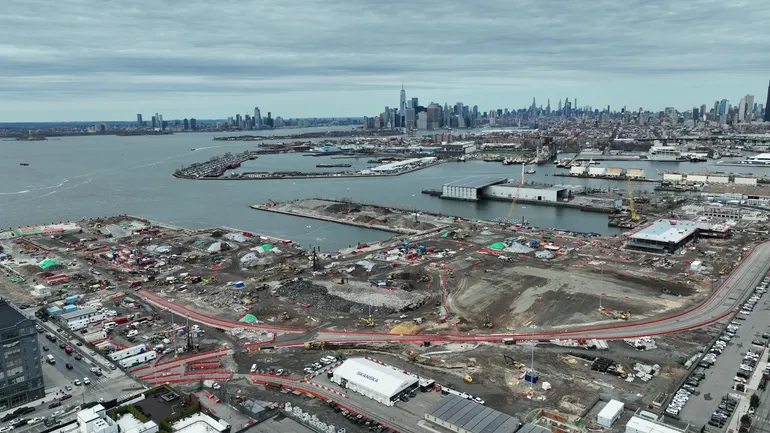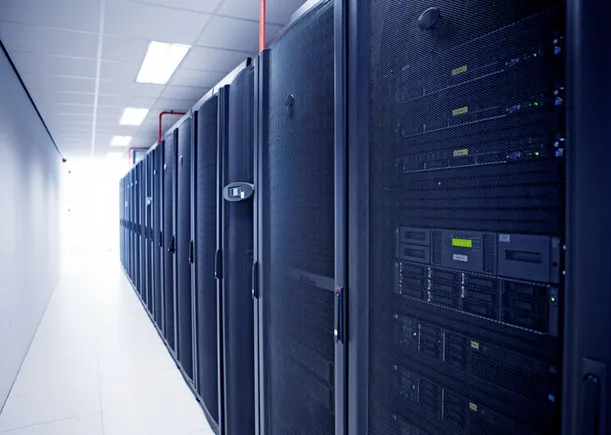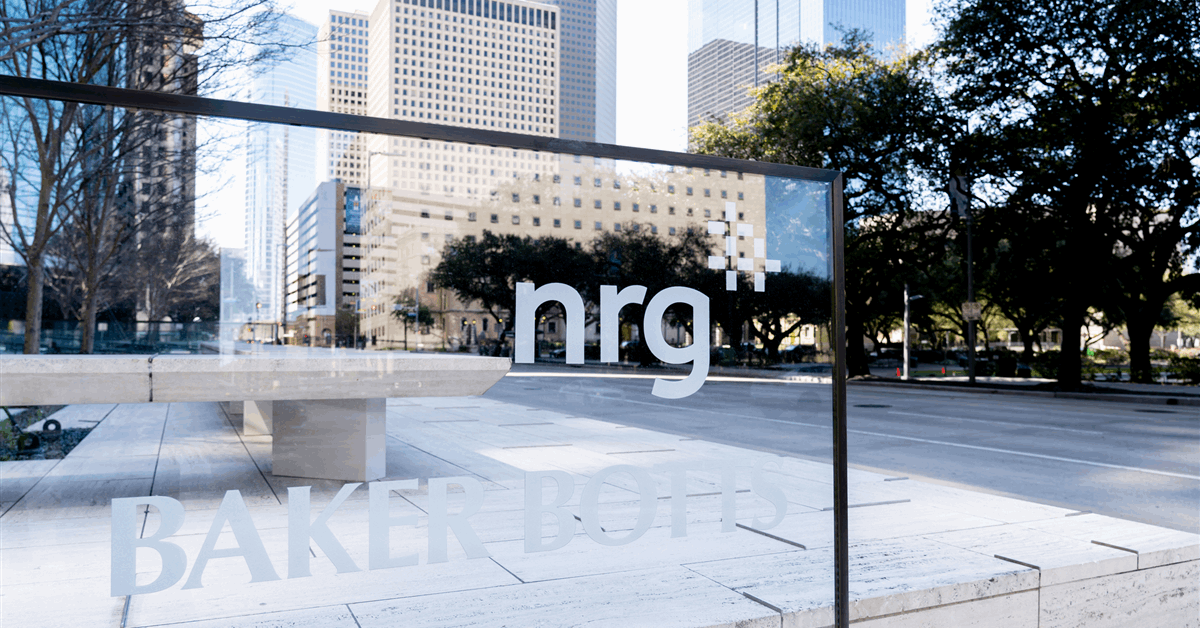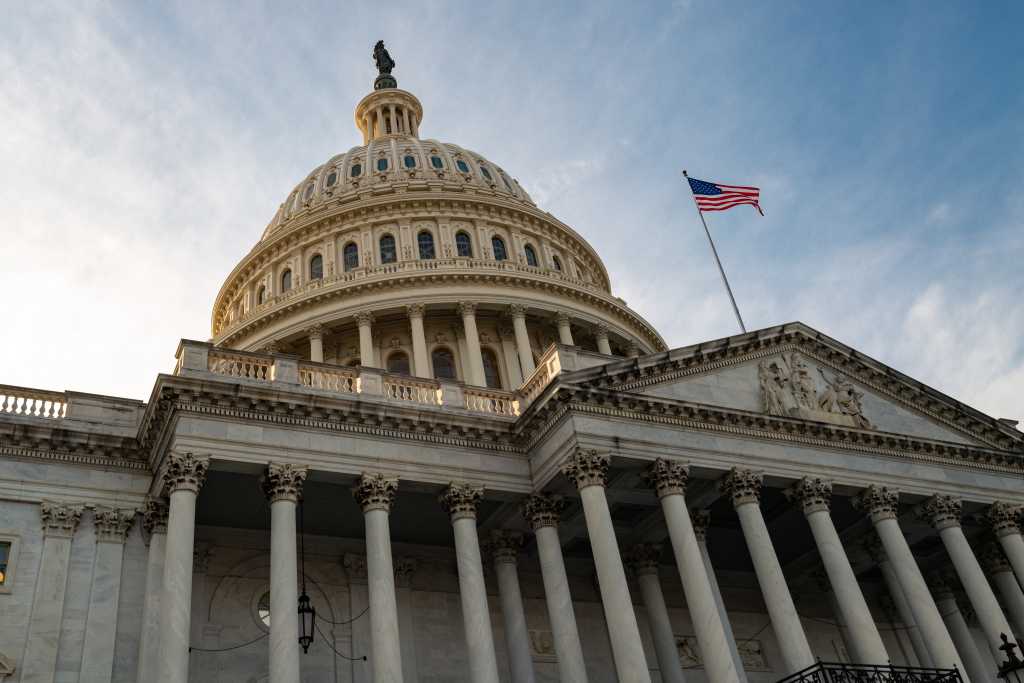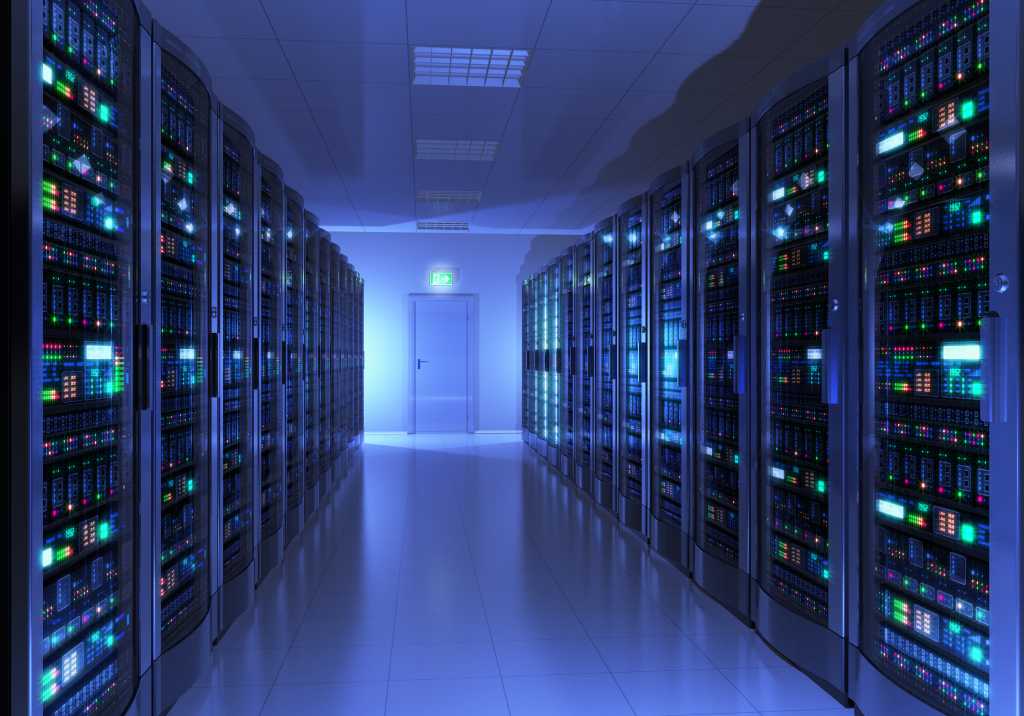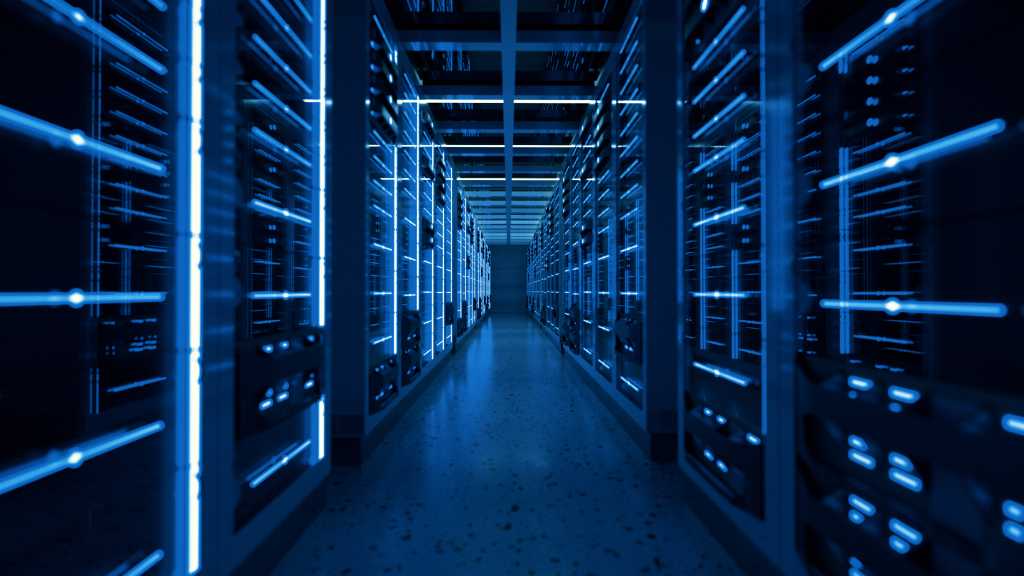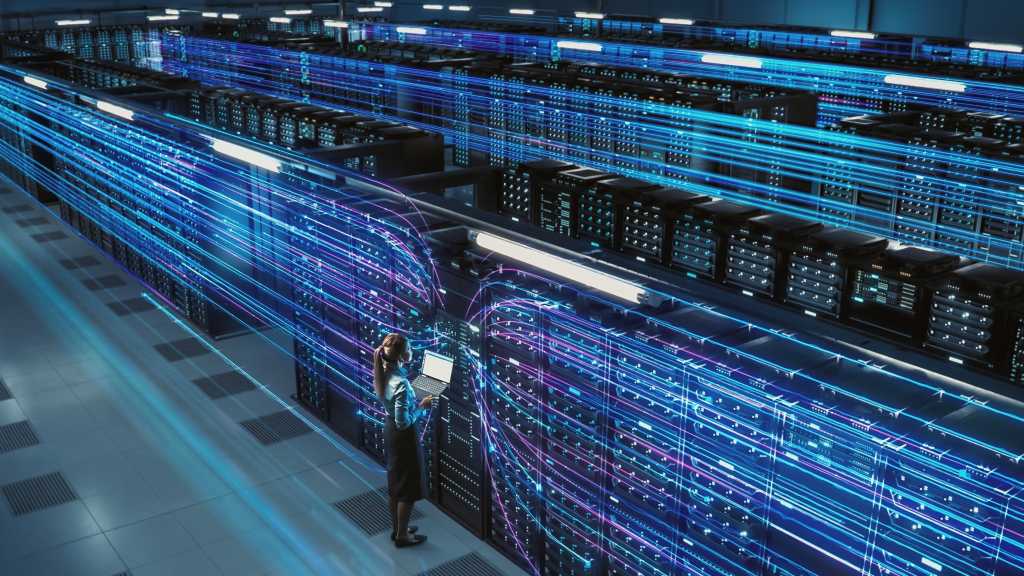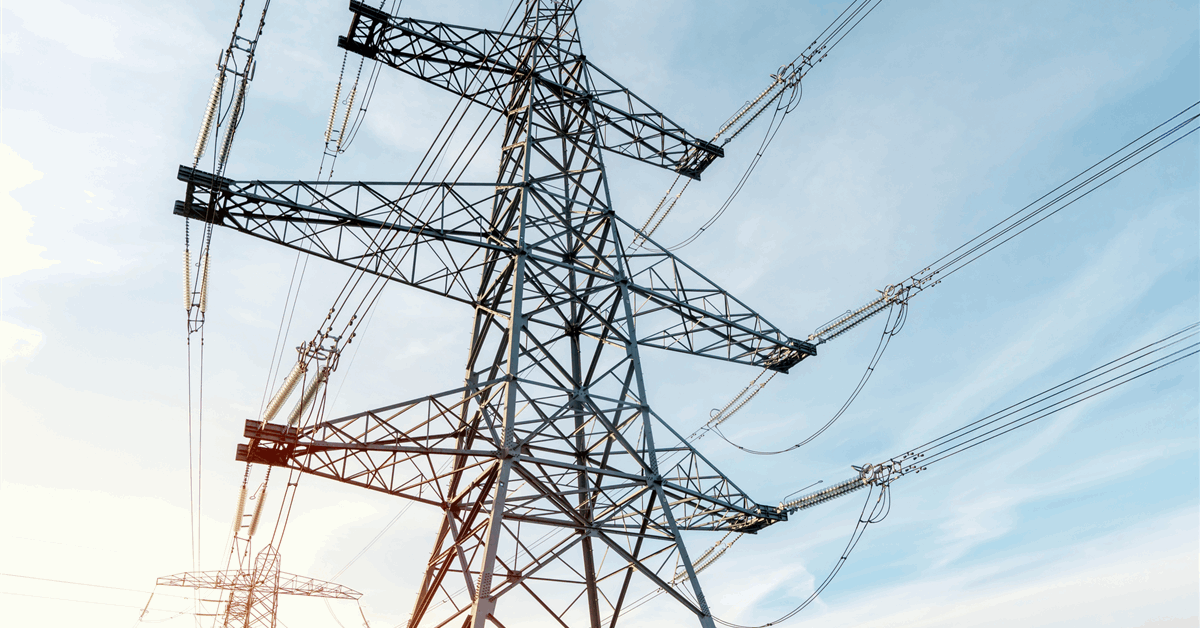
A conservative estimate indicates there were 1,700 gigawatts (GW) of renewable energy and hybrid projects waiting for grid connections across 16 European countries in 2024-25, according to research published Tuesday.
The study by Beyond Fossil Fuels, E3G, Ember and the Institute for Energy Economics and Financial Analysis blamed the slow integration on outdated planning and policies that are slowing the upgrade and build-out of electricity highways.
“The analysis of 32 electricity transmission system operators (TSOs) across 28 countries finds that many are still using outdated scenarios rooted in old government targets and market assumptions”, the think tanks said in a statement. “These scenarios do not reflect the exponential growth in renewables on the ground and act as a systemic handbrake on building a flexible grid capable of absorbing increasingly high shares of renewables”.
“The recent power outage in the Iberian Peninsula served as a reminder of the critical importance of grid upgrades and governance as the cornerstone of energy resilience”, they added. The April 28 outage across Spain and Portugal, as well as in parts of southern France, has been blamed on unstable frequency. The non-synchronous nature of renewables such as wind turbines and solar panels, which do not all rotate at the same frequency or do not rotate at all in the case of solar, has implications for grid stability because grid frequency is determined by how fast generators spin, the report explained.
The report said “high levels of curtailment of renewable energy demonstrate the need for more investment in clean flexibility and improved grid balancing, with a need to mainstream demand-side response, and rapidly build-out energy storage”.
The projects on queue represent a capacity that exceeds the additional installation needed to reach national energy and climate plan goals by 2030, according to the report.
The EU Renewable Energy Directive adopted 2023 has set a goal for the share of renewables in the overall regional energy mix to be 45 percent by 2030, of which 42.5 percent is binding and 2.5 percent aspirational.
“Of those we studied, only five TSOs are currently considering long-term scenarios aligned with a decarbonized power system by 2035”, the report said. “The vast majority of TSOs base their plans on national policies and targets that still assume significant fossil gas plant capacity by 2035.
“This risks a ‘self-fulfilling prophecy’ in which the opportunity for faster action to phase out fossil fuels – where grid operators support a much quicker build-out of renewables and flexibility – gets missed”.
Last week the European Commission released a roadmap to end all imports of Russian energy, by 2027 for gas.
“Governments should revise the legal mandates of energy regulators and TSOs to ensure these are consistent with delivering climate targets, allowing the long-term foresight needed to deliver clean power by 2035”, the think tanks said. “This will help TSOs ensure their plans support the build-out of a fossil-free, renewables-based power system and electrified economy; with anticipatory investments to underpin delivery.
“In turn, energy regulators will be enabled to better scrutinize the adequacy of grid plans and proposed investments, ensuring measures are fair and efficient”.
Moreover there should be fully independent public bodies to undertake grid planning, the report said. “This can ensure that grid operators are acting in the best public interest, while ensuring high levels of strategic oversight in designing and operating the future energy system”, it explained.
Additionally, “TSOs should employ best practices to support the integration of renewable and storage projects”, the report said. “This includes working with governments to improve grid connection processes to end the phenomenon of ‘zombie’ projects, incentivizing and enabling demand flexibility, and rolling out innovative solutions that allow best use of the existing grid, such as dynamic line rating”.
To contact the author, email [email protected]
What do you think? We’d love to hear from you, join the conversation on the
Rigzone Energy Network.
The Rigzone Energy Network is a new social experience created for you and all energy professionals to Speak Up about our industry, share knowledge, connect with peers and industry insiders and engage in a professional community that will empower your career in energy.
MORE FROM THIS AUTHOR

